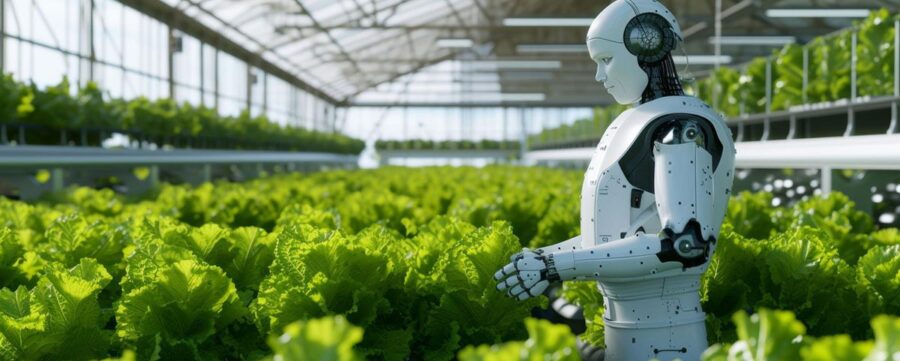
Long-term Implications and Possible Future Developments in AI for Agriculture
The agricultural sector is currently on the cusp of a technological revolution, spearheaded by AI and its various applications. AI training datasets are gradually being developed in order to pave the way for full-scale automation and enhanced transparency in farming processes. Effects of these developments on the way we farm are both far-reaching and significant.
Long-Term Implications
Automation processes in farming, guided by AI, have the potential to redefine the agricultural sector. This could have profound impacts on the economy, workforce, and environment. Modernized agriculture through AI promises increased production efficiency, minimizing waste, and effectively tackling various environmental challenges. However, it also forecasts significant changes in agricultural labour dynamics, disrupting traditional farming methods.
Possible Future Developments
As AI becomes more embedded in agricultural operations, imminent advancements can be anticipated. AI, coupled with data analytics, might enable predictive farming, enhancing the capacity to forecast weather conditions, crop diseases or pest invasions. At the same time, AI-powered drones might facilitate remote crop monitoring, irrigation, and even targeted pesticide delivery.
Actionable Advice
With such significant transformations on the horizon, stakeholders in the agricultural sector must prepare for the impending revolution. Here are a few recommendations on how to advance in a world where AI reigns supreme:
- Upskilling and Retraining: While AI and automation will redefine jobs in agriculture, they will also create new roles. It’s imperative that current agricultural workers are equipped with the necessary skills to adapt and thrive in this changing landscape.
- Investing in Technology: Those involved in the farming sector must invest in AI technologies to stay competitive. This includes investing in AI software, hardware, and training datasets to optimize agricultural processes.
- Policy Formulation: Policymakers must ensure regulations keep pace with advancements in AI. Policies should aim to protect workers, promote fair competition, and regulate the use of AI in agriculture to minimize potential harms.
- Collaboration: Establishing partnerships with technological firms, research institutions, and other stakeholders can be beneficial in acquiring knowledge and resources for integrating AI in farming practices.
Through preparation, investment, and collaboration, the farming sector could potentially harness the transformative power of AI, redefining the future of agriculture. But it is equally important that long term implications and future advancements should be well thought out and planned for the best outcomes.
